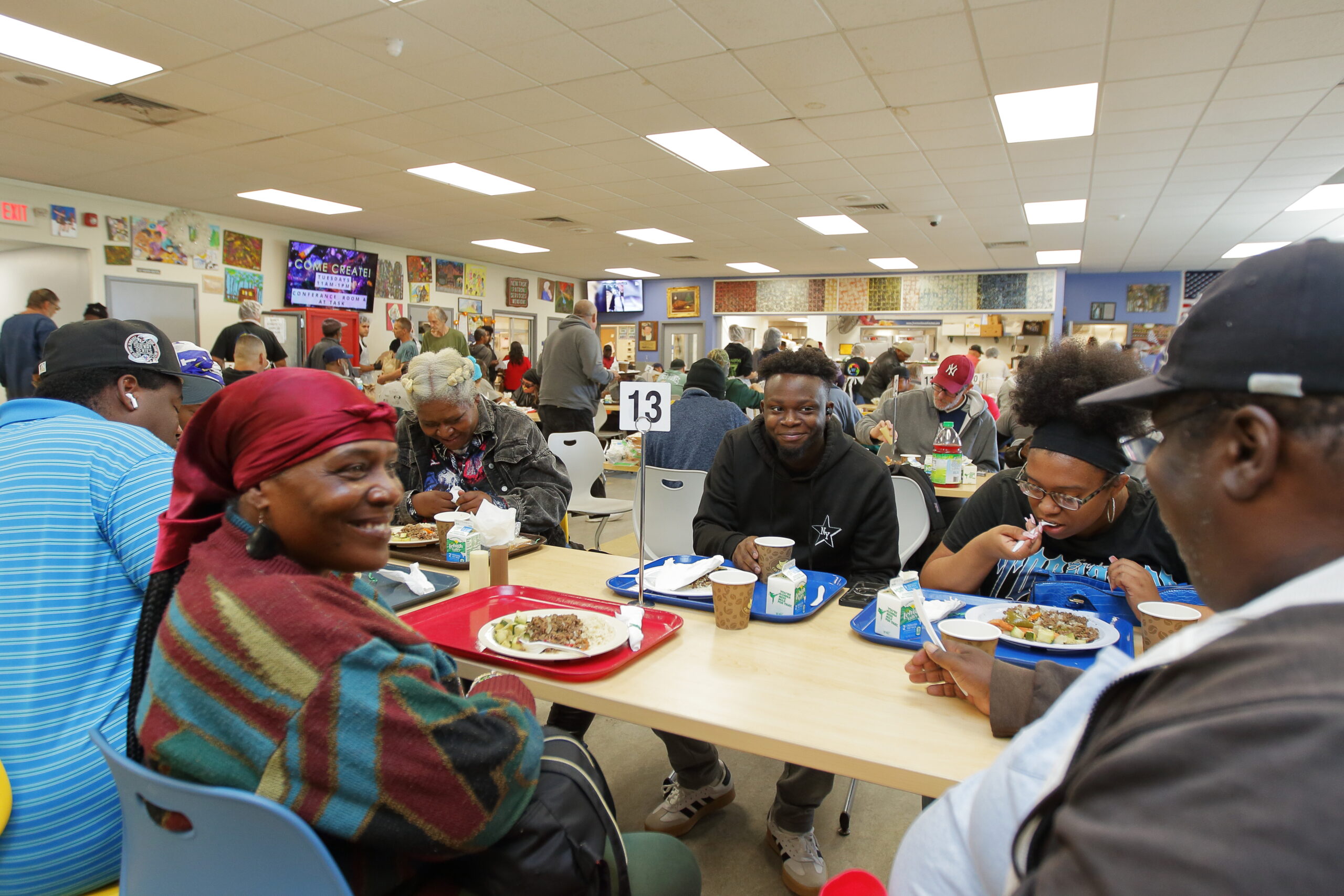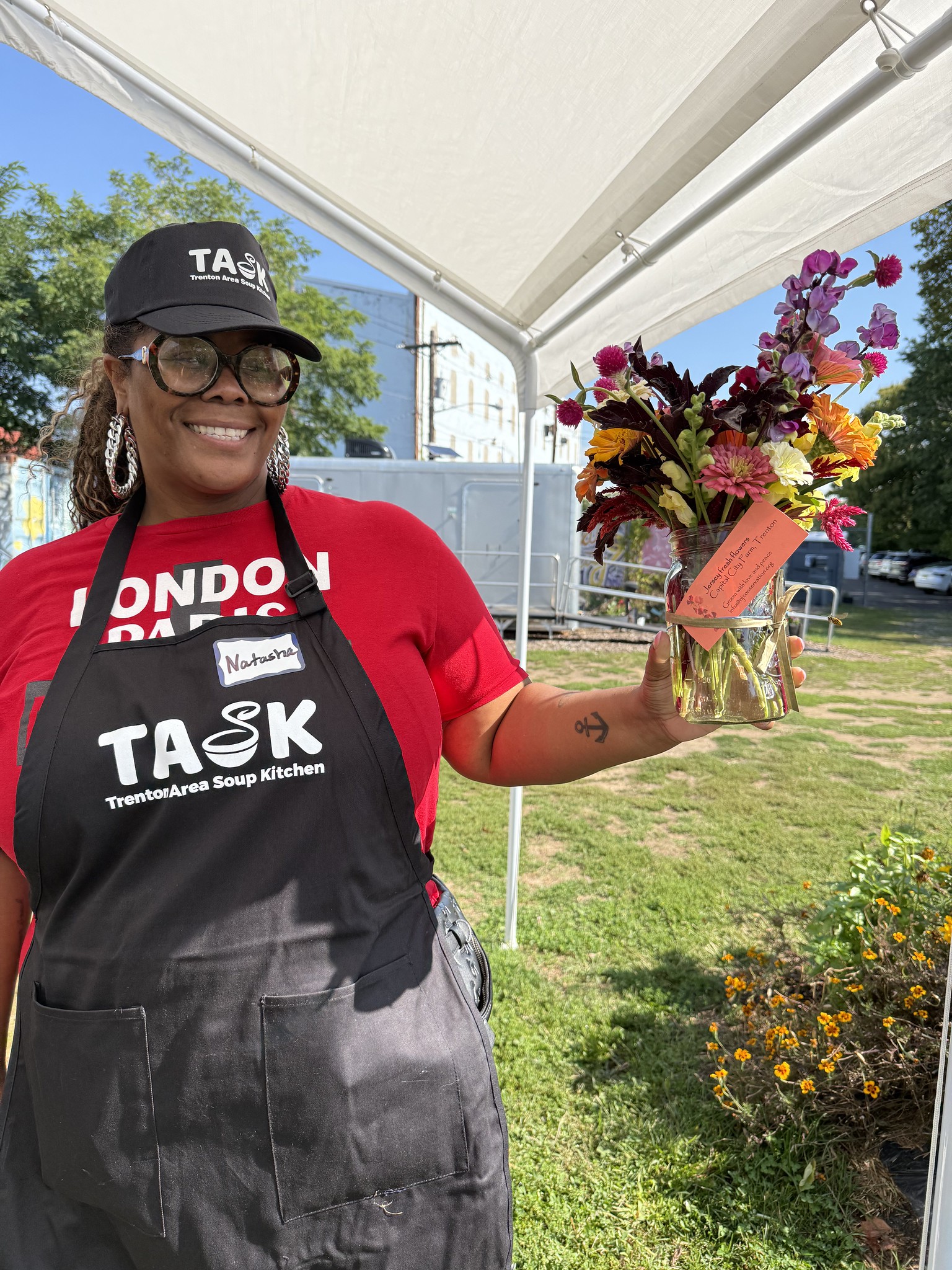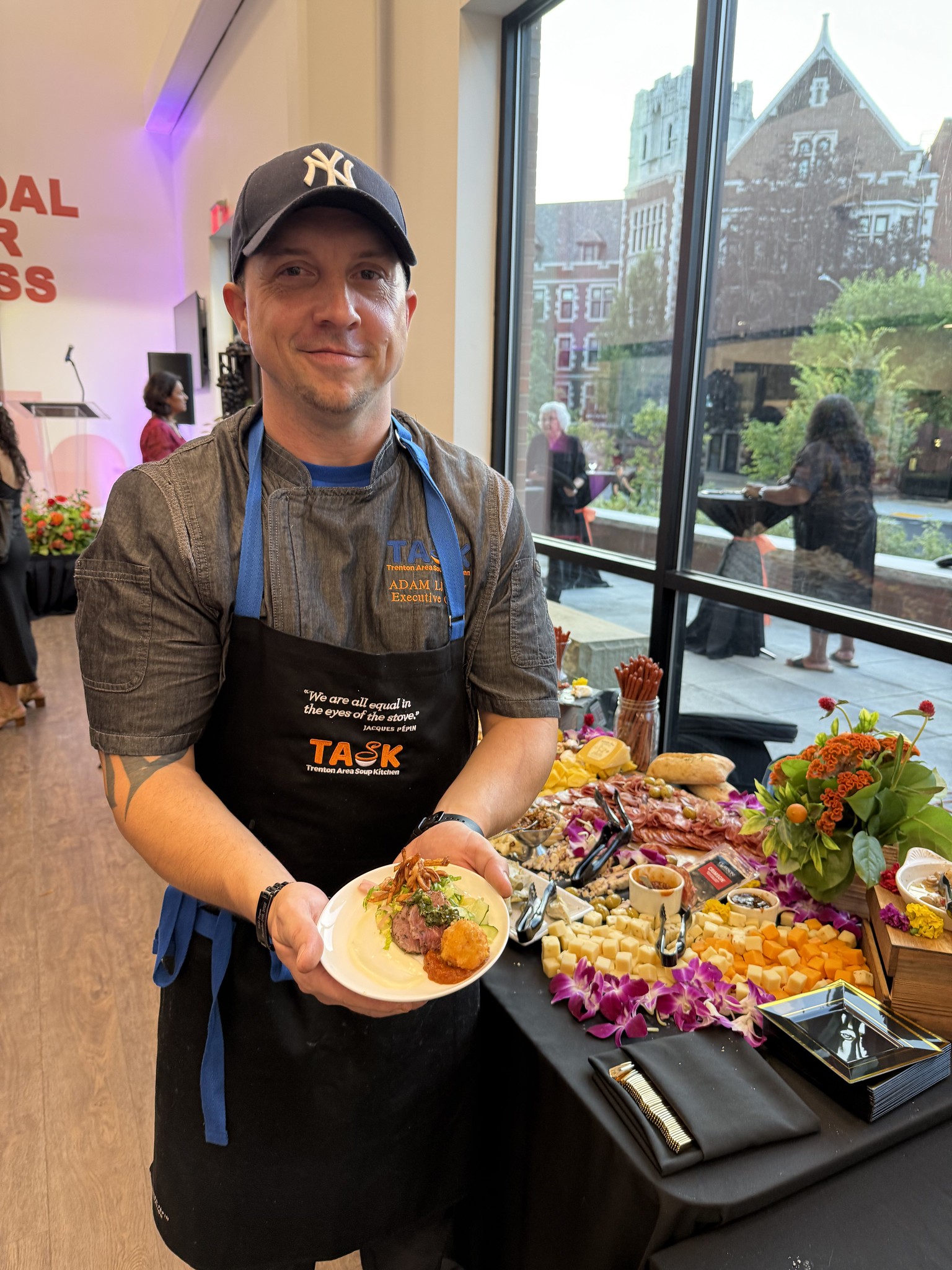News, Events & Stories
Inflation: The Regressive Tax
A Message From TASK's Executive Director

Soaring inflation currently costs the average household $327 more each month. What some of us might feel as a pinch is felt more like a punch to those we serve.
This pinch-punch impact of inflation feels much like a regressive tax that actually costs lower-income households a larger percent of their wages than those in higher-income brackets.
We tend to talk about inflation as a single number, but it does not have a singular impact. Inflation is affecting each household differently, depending on their circumstances, family makeup and age.
At TASK, we have seen firsthand the impact of inflation as we talked to those waiting in line at our most recent drive-thru food distribution in April, the fifth conducted in partnership with fellow nonprofit Rise during the pandemic. What we saw was the largest distribution to date: more than 1,900 households received a total of 100,000 pounds of food and groceries. Cars lined up hours before the event began, jamming traffic in both directions. We distributed every last piece of food in a mere 2.5 hours. The need was unprecedented.
Teri, a 70-year-old grandmother who works part-time, waited in line with her husband. “I just can’t afford these prices—every time I go to the grocery store, it’s $200 or more,” she said. “This is my first-ever food giveaway. In the past, I’ve always said there’s other people out there that need the help, but right now, we need this to keep us fed, to keep food on the table at home.” Teri said she was grateful the donated groceries would help offset other expenses, including gas and rent. “This is a true blessing.”
There is no question that high inflation tends to worsen inequality because it hits low- and middle-income households the hardest.
It is also important to note that charities like TASK are not immune to the impact of inflation. At TASK, the cost of purchasing food for meals and fuel for our delivery vans, not to mention paper products and cleaning supplies, has increased dramatically.
This is why it is so important that those who can weather the storm continue to support, and, if possible, increase their contributions, to local charity-based soup kitchens, food banks and food pantries on the front-line of the battle against hunger in our community.
Programs like TASK’s are proven to make a difference in lifting individuals and families out of poverty, by providing not only access to food but also services designed to increase self-sufficiency and improve quality of life.
Together, we can solve the problems that impact our community — but in order to do so, we must use our voices to support and advocate for those who need us now, more than ever.



